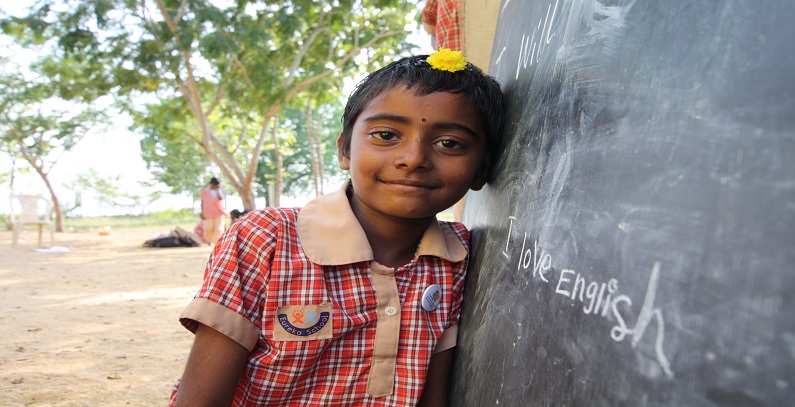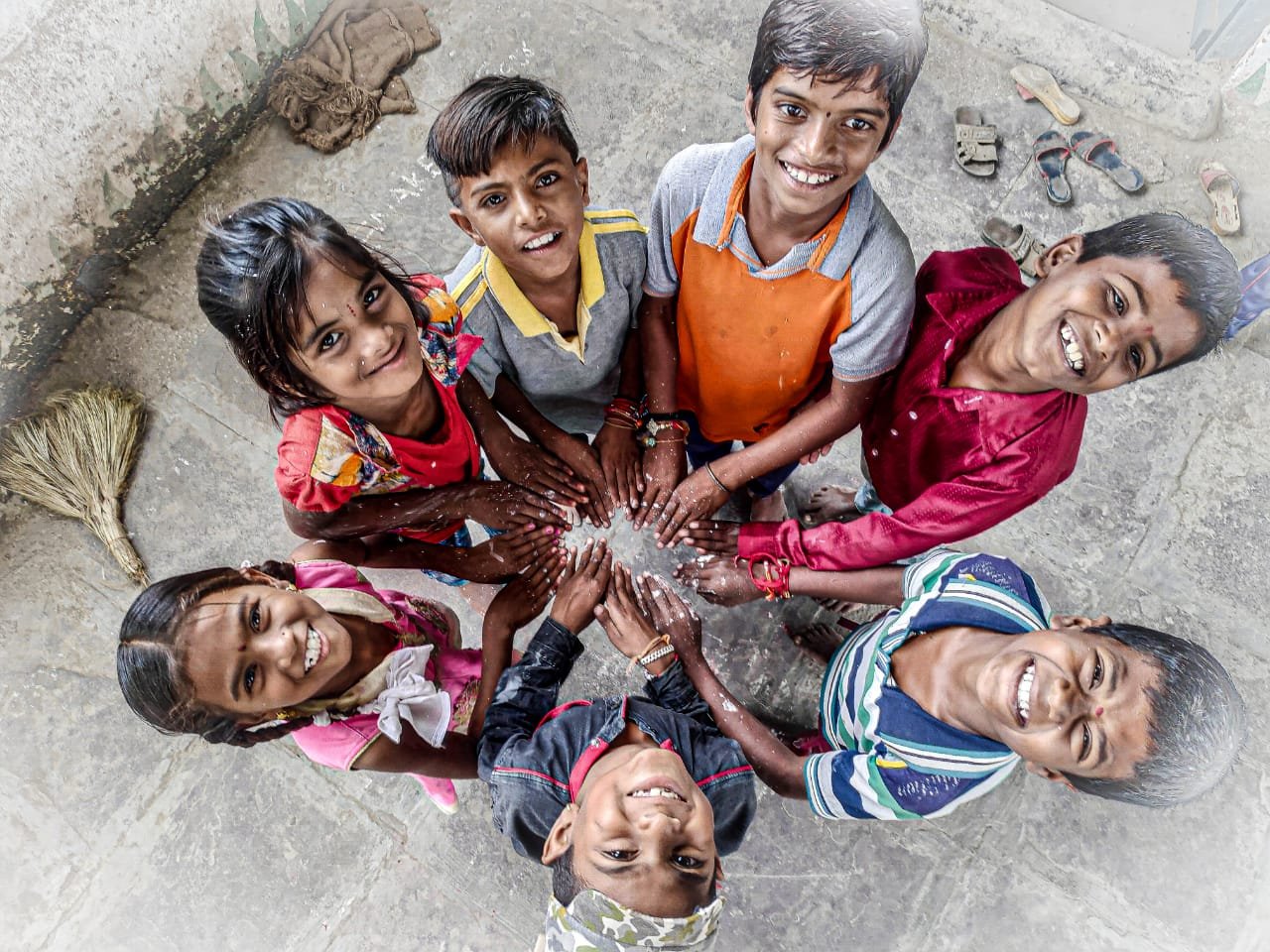Is basic education enough to build a bright future for children? This is a question corporate social responsibility has been addressing in the past few years as it moves beyond mere scholastic education to personality development.
CSR programmes are increasingly making it their objective to prepare school kids from marginalised backgrounds for life in the post-school world where the “soft skills” of verbal communication, creativity and teamwork are just as important as a degree.
Nomura’s Future Generations, Blue Star’s Eureka Walk ‘n’ Talk, Project Nanhi Kali, Canpack India’s Design for Change are unique CSR projects that have been successful in achieving this for thousands of children in government schools.
Angrezi mein kehte hain
In Tamil Nadu, even though most children go to schools, their knowledge of the English language is poor. Their inability to read and speak English affects their confidence and self-esteem. Remember Amitabh Bachchan’s iconic line from Bollywood movie Namak Halal? “I can walk English, I can talk English, I can laugh English because English is a funny language.” Well, CSR programme Eureka Walk ‘n’ Talk is a confidence-booster along the same lines for kids who come from underpriveleged homes in 20 villages of Cuddlaore, Tamil Nadu. It makes them fairly confident in speaking simple English sentences and doing mental math.
As part of their CSR initiative, Blue Star has partnered with CII and Aid India to provide students with additional knowledge beyond the four walls of their classroom. The project works through 20 after-school ‘Eureka centres’ set up in the villages where a locally appointed and trained tutor gives lessons specially designed for them.

The tutor uses interesting learning tools such as subject charts, workbooks, incentive cards and stickers developed by Aid India to make classroom sessions interactive and engaging. The focus is on enhancing children’s ability to pick up basic English words and sentences and hold a simple conversation in the language. For mathematics, the children are trained on mental arithmetic operations for addition, subtraction and multiplication.
The approach adopted to educate children is appreciated by teachers and students alike. A total of 1,500 children in the age group of 6 to 14 years have been actively enrolled in the programme. They are learning through community participation and peer learning, resulting in enhanced confidence levels.
From kids to critical thinkers
Children are subjected to rote-based learning and old school teaching methodologies in their school classrooms. These practices do not equip them in essential life skills necessary for a wholesome education. Design for Change aims to address the lack of holistic development among school-going children in Aurangabad, Maharashtra. The objective of the programme, launched in 2018, is to shift a student’s attitude from ‘can I?’ to ‘I can.’


